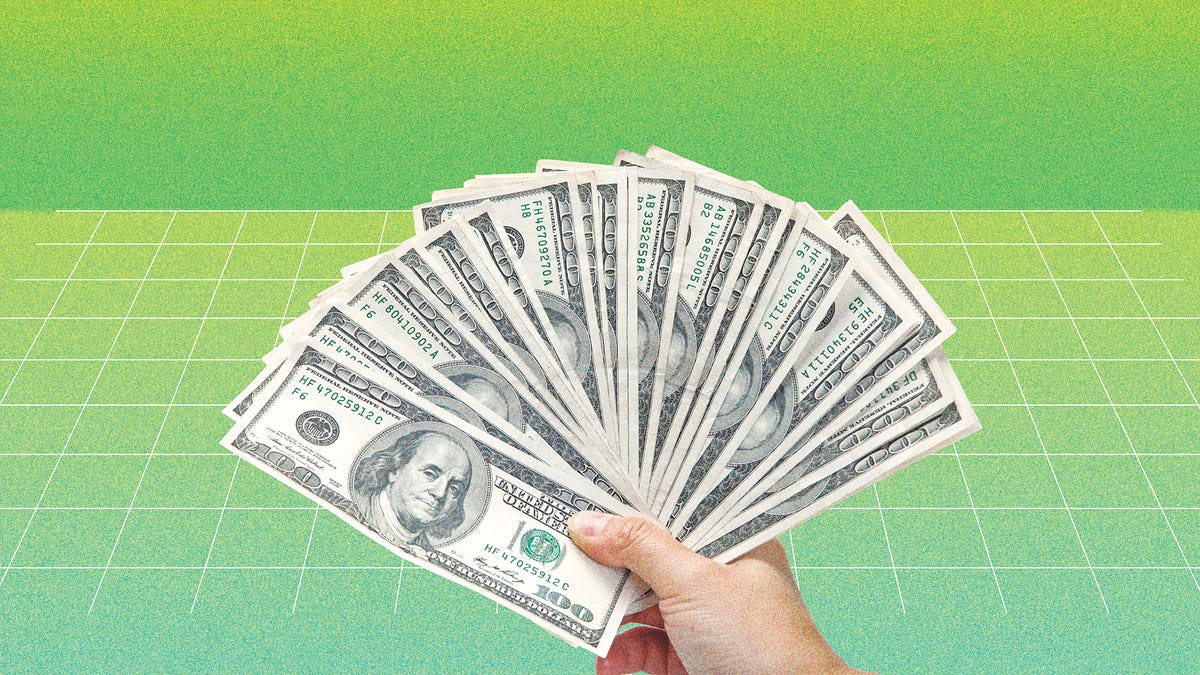 Why You Can Trust CNET
Why You Can Trust CNET Advertiser Disclosure
The IRS Plans to Test a Free Online Tax-Filing System Next Year
If the pilot program was widely adopted, it would offer millions of Americans an alternative to working with private tax-prep companies.

Could the days of paying for tax prep be ending?
The IRS is testing a free online tax-filing program for 2024 that could pave the way for a full-scale electronic filing system akin to paid offerings from TurboTax and TaxSlayer.
In an exploratory report (PDF) filed with Congress this week, the agency estimated a direct filing system could cost anywhere from $64.3 million to $248.9 million a year, depending on how many people used it.
That would work out to less than $10 per taxpayer if it was used by 25 million taxpayers, the IRS calculated. Right now, an individual taxpayer pays an average of $140 to file their taxes each year, according to the IRS Direct File report.
A pilot program could launch as early as January 2024, IRS Commissioner Danny Werfel said in a May 16 news release. What it will offer, and how many people will be invited to test it, has yet to be disclosed.
The Inflation Reduction Act of 2022 included $15 million to study the feasibility of direct e-filing. Funding for a fully fledged program could come from the $80 billion the act earmarked to enable the IRS to staff up and modernize, but it would have to be approved by Congress.
In 2003, the IRS began partnering with top online tax-prep companies to start offering Free File, which allows taxpayers who earn less than $73,000 to process and submit a simple return free of charge. Close to 70% of taxpayers qualify for Free File, according to the IRS, but less than 2% take advantage of it.
Tax-prep companies like Intuit and H&R Block have long lobbied Congress to prevent the IRS from creating its own tax-filing software. As part of the Taxpayer First Act of 2019, the agency agreed it wouldn't -- as long as the companies continued to participate in the Free File program.
But critics argue those private companies often redirect unsuspecting consumers to paid offerings, even if they qualify for the free version.
Last year, Intuit -- which dropped out of Free File in 2021 -- agreed to a $141 million settlement after it was accused of enticing customers with a free edition of TurboTax, but then telling them they were ineligible to use it.
A spokesperson for Intuit criticized the IRS' direct-filing plan as "wholly redundant," The Washington Post reported.
What does this mean for next year's tax season?
It's too early to tell how this pilot program could affect tax season in 2024. While there's nothing for you to do just yet, if you don't already qualify for free tax filing, this pilot program -- or a fully implemented e-filing service -- could make filing your taxes easier and more affordable.
We'll keep you updated as developments unfold, so you're prepared to confidently file your taxes next year.



